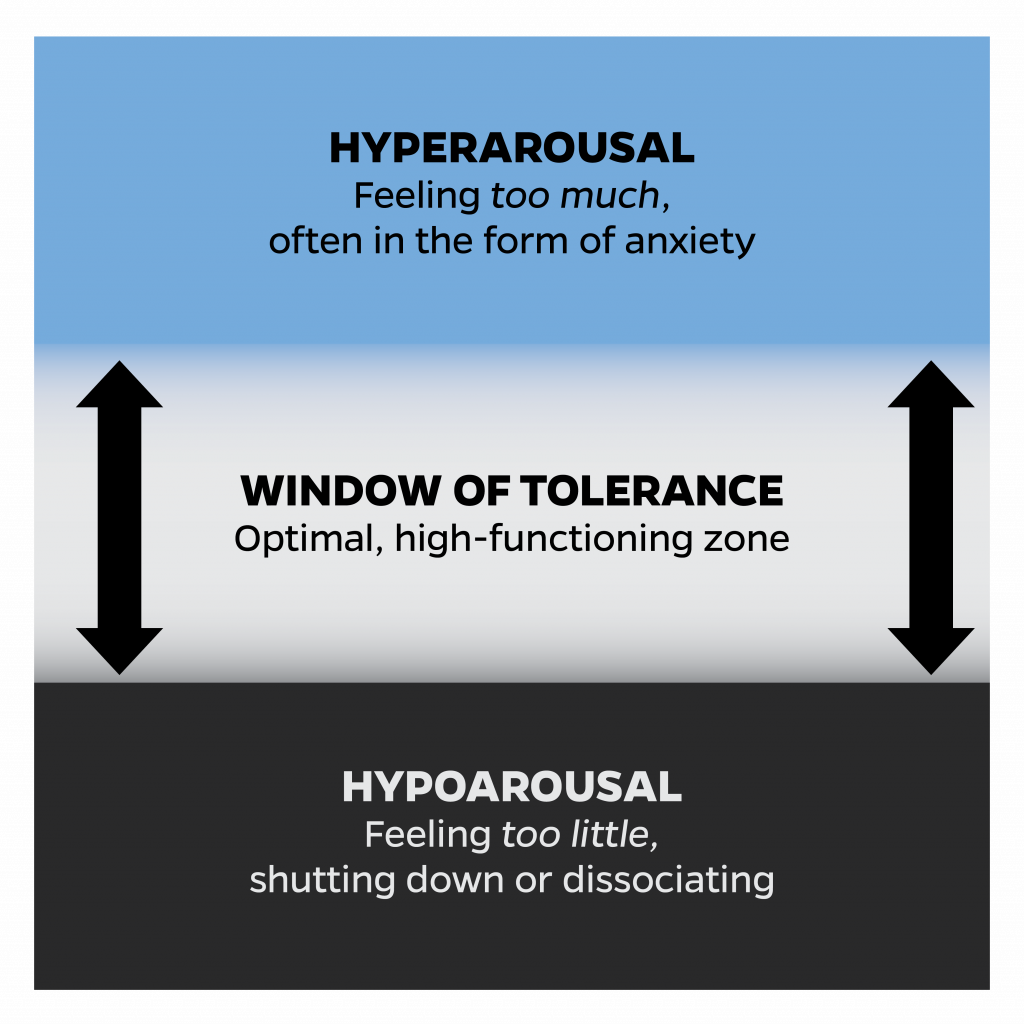Note: this post was updated in October 2024 to reflect newer resources.
In a recent post, the SHWB team shared some advice for maintaining your equilibrium when current events bring up negative feelings.
In this post, we (a team of providers from Mental Health Services) would like to discuss additional strategies to use when you are emotionally heightened or distressed, by either personal or global events.
Acknowledge how you are feeling and take time and space to cope. Avoid discussions that lead to conflict or arguments. Have a plan for setting boundaries and taking space from others if needed. Practice deep breathing, muscle relaxation, or guided imagery and mindfulness. You can try this election self-care worksheet, which has guided questions to help you think through your feelings and thoughts.
Practice gratitude. Remind yourself what you are grateful for. Write it down, or take a picture. The Calm app has a journaling tool that is great for this practice. Focusing on gratitude can build hope and resilience.
Do a self-check of your emotional state. The window of tolerance is the zone of arousal in which we are able to function most effectively. In contrast, when we are hyperaroused, we feel excessive activation or energy, often in the form of anxiety, panic, fear, hypervigilance, and emotional flooding. When we are hypoaroused, we are shut down or dissociated from our feelings.
Continue to monitor your level of arousal. Doing so will help you feel more in control of your mood and stress. The more you check in with yourself, the more you build self-awareness about your feelings. When you find yourself outside of your window of tolerance, try to name and understand what pushes you outside of your window. Then try to practice a stress management or mindfulness skill to moderate your level of arousal.
Join a Mental Health Services therapy or drop-in group to learn more. Group therapy provides an opportunity to grow through engagement in a safe place; workshops and drop-in groups focus on building skills that promote health and well-being.
As always, seek professional help if you need it. Some key Hopkins resources are available below. You can also reach out to SHWB staff at [email protected].
